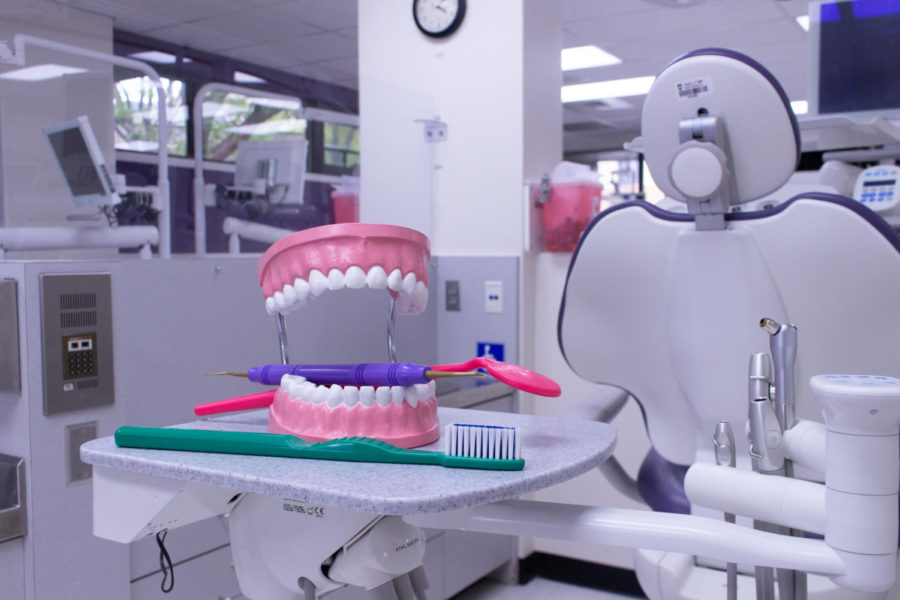As early as 1722, people have had reasons for choosing to not be vaccinated. The English theologian Rev. Edward Massey argued that diseases are sent by God to punish sin and that any attempt to prevent smallpox via inoculation was a “diabolical operation.”
“The anti-vaccination movement has been around since vaccines began,” said a spokesperson for the Refutations to Anti-Vaccination Facebook page. “There has always been a fear of injecting foreign substances into the body.”
Today, many people who are anti-vaccination still use religious reasoning. However, the reason behind many choosing not to vaccinate is the belief that it will actually cause other diseases, such as autism.
“There have been real scares over time with contamination, and some of the vaccine reactions you hear about are true, but plenty more are false,” the spokesperson said. “The vaccines-cause-autism myth is still about. With the Internet and social media, we have seen a proliferation of sharing false information. People tend to share stuff that invokes a strong emotion. Science and studies and long links bore people.”
To date, there have been no cases of autism that were proved to be from vaccines. However, there have been 121,802 preventable illnesses from June 2007 to September 2013 and 1,289 preventable deaths. Two of these preventable diseases were from an outbreak of measles in two Salt Lake City residents who had chosen not to be vaccinated.
The anti-vaccination movement has grown significantly with the growth of the Internet.
“In the U.S., you have people like Mike Adams, Joseph Mercola and Sherri Tenpenny who harness their Internet marketing skills and reach huge numbers of people by spreading fear and alarm and then selling stuff,” the spokesperson said. “Many of these anti-vax groups spread their messages in image form, which catches people attention quickly — this is why we try to counter their messages the same way.”
WSU alumnus and registered nurse Kim Humpherys said she respects those who choose not to vaccinate, but wishes they would better educate themselves about what it could possibly mean for their child before making a decision.
“The Internet has been a blessing and a curse,” she said. “There are so many websites out there that are just based on people’s ideas and not research. Most people base their vaccination choices off of ideas. I am 100 percent and then some for vaccinations.”
While there are risks that come with vaccination, the risks of not vaccinating are often not worth it. Humpherys has seen firsthand the risks associated with the anti-vaccination movement.
“I have been 100 percent for vaccination long before I had kids, and not just because ‘that is what you are supposed to do,'” Humpherys said. “That very first time as a health care worker you see a child die from something preventable — it is something you will never forget. My first pediatric death was watching a 3-month, unvaccinated (by parents’ choice) baby boy die. It was horrific! Watching that poor baby struggle for a breath while on a ventilator was by far the very worst thing I have ever witnessed, and I have seen some pretty bad things in my career.”
Hailey Hamblin, a registered nurse at McKay-Dee Hospital, has also seen the risks associated with the anti-vaccination movement.
“I have taken care of numerous patients with whooping cough, tiny babies that cough so hard they stop breathing and you have to resuscitate them,” Hamblin said. “It’s scary and not worth the risk. I have also taken care of an 8-month-old with tuberculosis that he got from a family member that had visited from out of the country. He was so sick, lethargic and miserable, it broke my heart. Yes, there are risks with vaccines, but the risk of not getting them is far worse, in my opinion.”
While many Weber State University students are not facing decisions involving whether to vaccinate or not, one thing they can do is ensure that what is being said is accurate.
“I think, crucially, there is a loss of critical thinking skills — people share links without checking the sources and without applying the standards for what counts as a valid source of information,” said the spokesperson for the Refutations to Anti-Vaccination Facebook page. “This is what you as college students in particular can do — promote critical thinking skills and teach others how to apply rigorous standards when applying sources.”














